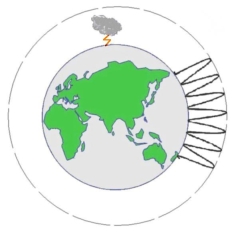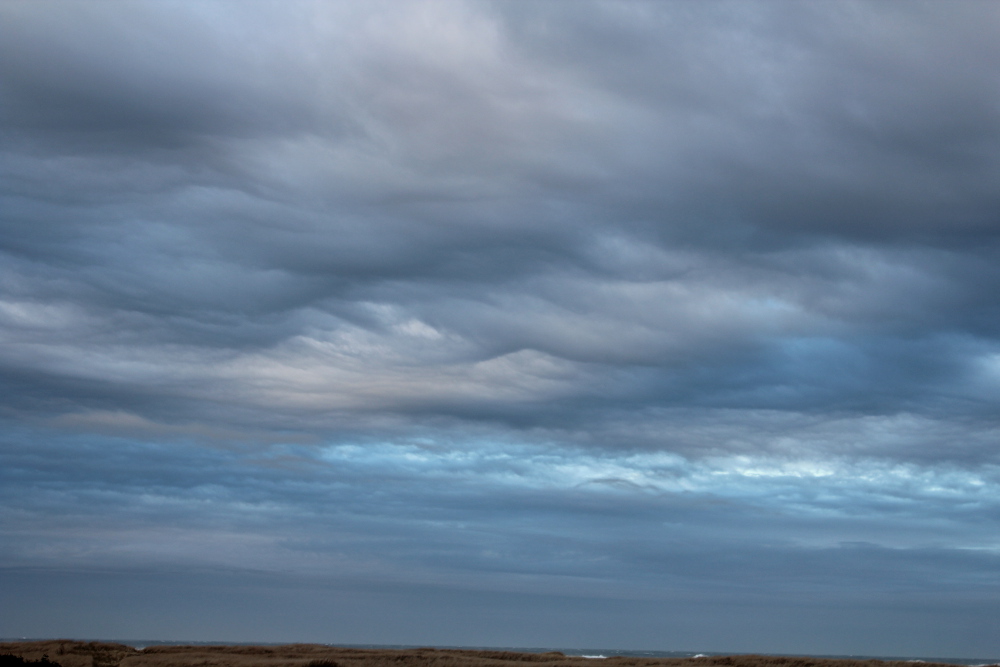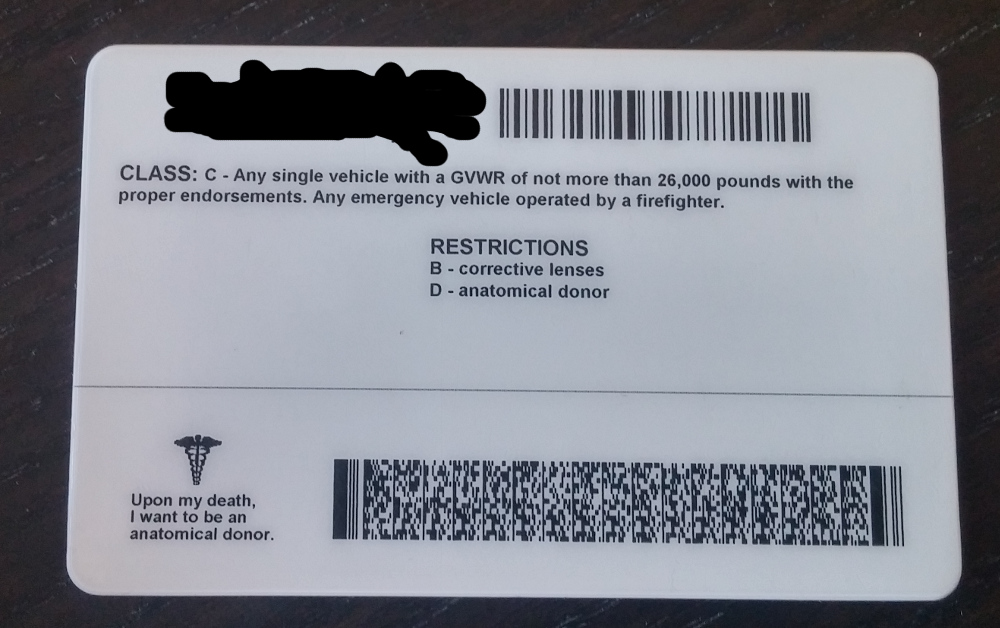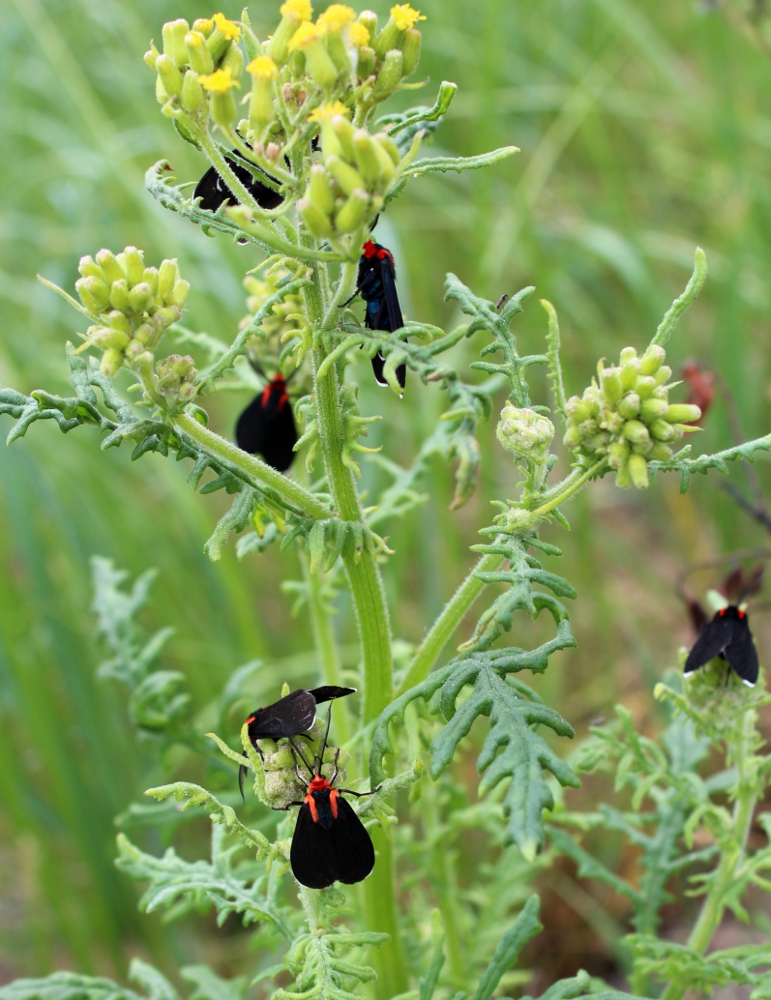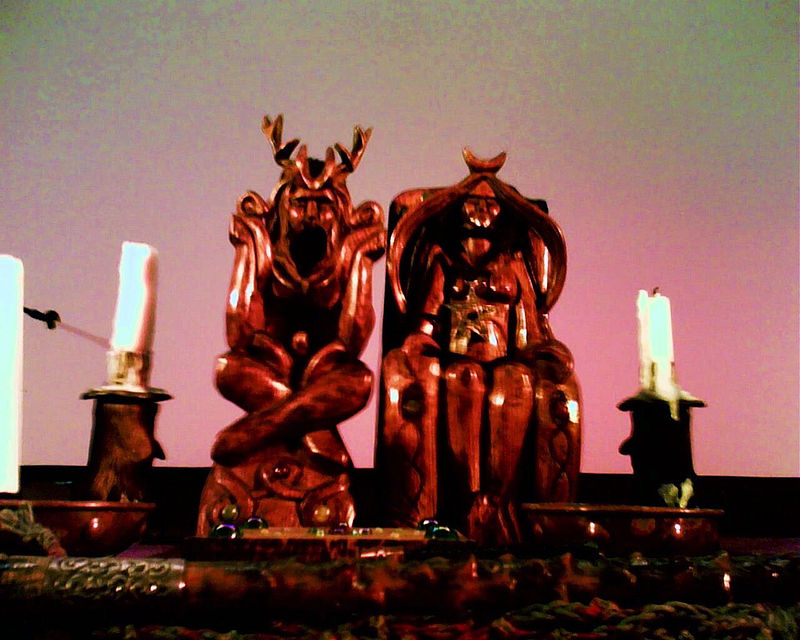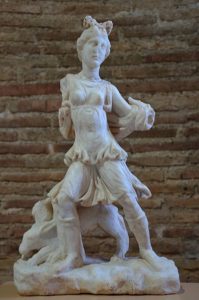[I know this is a long one, and potentially controversial. Do me a favor, please and read all the way to the end, and pay especial attention to the italicized bits? Thank you!]
Celtic Wicca. Samhain, the God of the Dead. Witches’ covens that extend back in an unbroken line thousands of years. These are just a few examples of the really bad history that’s been passed around the pagan community, and which has rightfully been skewered by those who have done better research. I came to paganism in the mid-1990s when Wicca was all the rage, and everything was plastered with Celtic knotwork. The Craft, Charmed and other media helped bolster support for aesthetic paganism that was more about looks than substance. A glut of books hit the market, many of which were full of historical inaccuracies from the mildly off to the blatantly awful.
Pagans with a decent background in history began to tear apart the inaccurate material, some of which had been floating around for decades (I’m looking at you, Margaret Murray!) We encouraged each other to go beyond strictly pagan books and explore historical texts, both those written for laypeople and more academic texts. We cited our sources more. And so now, twenty years later, while paganism still has its share of bad history, we have a lot more accurate information to apply to our paths, whether we’re hardcore reconstructionists or not. And we have space for things that aren’t necessarily historically accurate, but which we find personally relevant, like Unverified Personal Gnosis, or UPG (which you can read more about here.)
All this came out of a lot of discussions, along with debates and arguments. Post bad history in a busy pagan listserve circa 2000, and you were bound to get dozens of responses correcting you and offering good research material. And today wrong historical information is still swiftly corrected. What boggles my mind is that a lot of the same people who will throw down over historical inaccuracies won’t bat an eye when someone horribly misuses science. Woe be unto anyone who tries to say that Artemis and Freya are just different faces of the same Great Goddess, but sure, we can say that quantum entanglement proves magick is real without a doubt. Whatevs, it’s your belief, right?
In Defense of Facts

Wrong. Just as history deals in facts, so does science. Yes, there’s room for errors (accidental and deliberate) and updated research, but that doesn’t negate the general tendency of both of these fields of study and practice to deal in the most accurate information we have available to us. We’ve gotten good at pointing out where pagans are over-reaching historically through speculation and UPG. We suck at doing so for those speculating beyond what science has demonstrated to be true or impossible. It’s the same error at play: when history or science don’t have a clear answer–or the answer that you want–you don’t get to just make up whatever you want and say that it’s equally real.
Lots of anecdotes do not equal “anecdata”. No matter how much you really, really, really want to believe that you can make streetlights turn off just by walking under them, the evidence we do have is pointing toward it just being an occasionally blinking streetlight and good timing. It’s also confirmation bias in that you’re seeing what you want to see and that affects your “results”. No one has yet created a substantial, well-crafted study that even remotely suggests a person can affect the electrical flow to a light bulb (other than by physically tampering with the wires, unscrewing the bulb or turning off the power.) A group of people walking back and forth under a streetlight does not a solid experiment make.
Yet paganism is full to the brim with people claiming they can do similarly supernatural things. Look at the proliferation of spells that claim to be able to aid in healing, take away curses, or even affect political outcomes. That’s saying that “If I burn this candle or bury this herbal sachet or say these words over here, that thing or person or situation wayyyy over there will be directly affected in the way I want it to.” Sure, your process was more elaborate than just walking in proximity of your target, but you have no more evidence of causation than that other guy. And look at how many pagans claim that a simple spell is every bit as effective as a complicated one. Doesn’t it follow, then, that the simplest spell–walking under the light with the intent of making it blink off–has every bit the chance of working as something more complex?
Why We Treat Science Differently
But that’s getting away from the point. I think we don’t want to be sticklers for science in the same way that we’re sticklers for history because we don’t want our sacred cows slaughtered. Our beliefs can still hold up when we question historical inaccuracies because many modern pagan beliefs are based in history, and better history means better justification for our beliefs because “our ancestors believed it!”
But many of our beliefs are also based in pseudoscience, as well as bad interpretations of good science (like the misapplication of quantum anything to trying to prove magick is objectively real). When we start picking apart the scientific inaccuracies in our paths, it feels threatening and uncomfortable. If you feel a sense of control because you literally believe that a spell you cast will change a situation you’re anxious about, then you don’t want to question the efficacy of that act because you feel you’ve lost control again. If your connection to nature is primarily through thinking the local animals show up in your yard because you have special animal-attracting energy, the fact that they’re more likely just looking for food, shelter, and other normal animal things makes you feel less inherently connected. So instead of focusing on aligning our paths more closely with scientific research as well as historical research, we instead cling tightly to justifications.
The Rewards of Accuracy

I think that pressing for more historical accuracy has made paganism stronger as a whole, both as individuals and as a community. We’ve spent decades working to be taken more seriously as a religious group, sometimes to gain big steps forward like equal recognition for our deceased military pagans, other times to just be able to mention our religion without being laughed at. Those who want to emphasize to non-pagans that our paths have historical precedent and long-time relevance have more resources to do so. There are other benefits: Those who want to emulate the ways of pre-Christian religions have more material to work with. And history offers more depth to explore; your interest in a particular ancient spiritual path can extend out into knowing more about the culture, people and landscape that that path developed in. If you’re creating a new path for the 21st century, you have more inspiration to work with when you see what’s worked for pagan religions in both the distant and recent past.
Science has a lot to offer us as well. As a naturalist pagan–and a pagan naturalist–my path is deepened, and I find greater meaning, the more I learn about and experience the non-human natural world. I don’t need to believe the blacktail deer outside my studio are there because they have some special message for me. It’s enough that I can observe them quietly from the window as they go about their lives, our paths intersecting by proximity. I do not need to drink water from their hoofprints to attempt to gain shapeshifting powers; I can imagine a bit of what it is to be them when I follow their trails through the pines and see the places that are important to them. And that makes me even more invested in protecting their fragile ecosystem; my path urges me to give back to nature.
When pagans step out of the narrow confines of symbolism, and act as though nature is sacred because we know how threatened it is through the science of ecology, not only do we deepen our connections to nature, but we also show the rest of the world that we walk our talk. It’s just one way in which we demonstrate that, as with our historical accuracy, we’re also interested in scientific accuracy, rather than denying or ignoring facts in favor of our own spiritual self-satisfaction. And rather than getting entangled in self-centered interpretations of nature that elevate us as the special beings deserving of nature’s messages, a more scientific approach to paganism humbles us and reminds us that we are just one tiny part of a vast, beautiful, unimaginably complex world full of natural wonders that science can help us better explore and understand.
Conclusion
As always, I’m not saying don’t have beliefs. Beliefs have plenty of good effects, from strengthening social bonds to bringing us comfort when things go haywire to helping us make some subjective sense of the world through storytelling and mythos. UPG can be a really valuable tool in giving us a place to put the things we believe that don’t fit into known historical research, and I think we need to extend it to hold beliefs that go outside known scientific evidence, too. So keep working your spells and your rituals, and keep working with the deities and spirits that you hold dear. If you derive personal meaning by feeling that the crows are nearby because of some spiritually significant reason and it improves your life, don’t let go of that, so long as you also accept that the crows are just crows doing crow things.

But we also need to be able to make use of critical thinking skills and suss out areas where we’re factually wrong, no matter how we may personally feel about the matter. That way, as with history, we’re able to clearly say “This is the portion of my belief system that matches up with known facts, and this part over here is more personal.” We’ve learned to be skeptical of the claims of people who say that historians are wrong and they have the REAL history; we should be able to do the same for those who claim to know better than thousands of scientists.
What I am also asking you to do is really question your beliefs, their foundations, and where they intersect with and diverge from science (and history, while we’re at it.) If you have a belief that runs directly counter to known facts and you feel it has to be every bit as real as science or history, ask yourself why. What would happen if you allowed that belief to be UPG, or personal mythology? What would happen if you let it go entirely? What would you have left, and what value does it have?
I can’t say where this process of questioning will take you, whether you’ll let go of your beliefs, or recategorize their place in your life, or just cling to them more tightly. Every person’s path winds in its own direction. But just as we have questioned our historical inaccuracies and come out the better for it, I think that as individuals and as a community we can benefit from really questioning scientific inaccuracies in the same way. Won’t you join me in this effort?
If you enjoyed this post, please consider picking up a copy of one of my books, which blend a naturalist’s approach to the world with pagan meaning and mythology–Nature Spirituality From the Ground Up is especially relevant!


